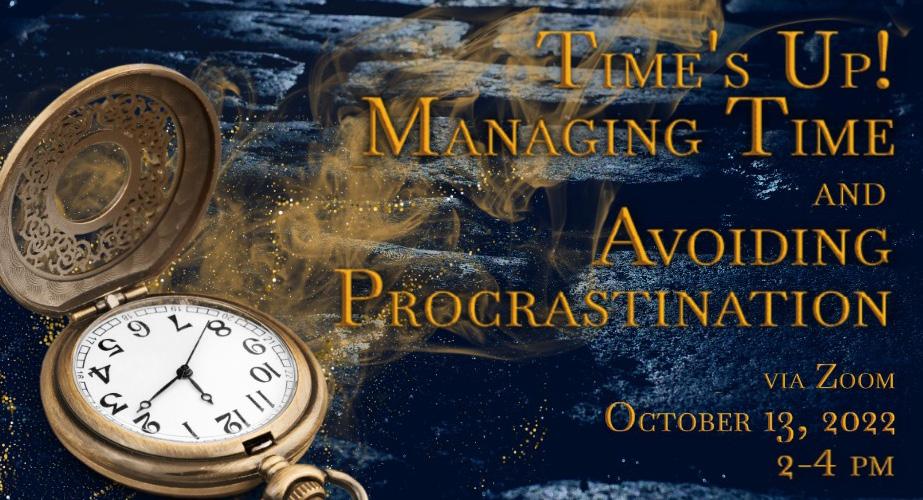
3 minute read
Researchers’ Club Uncovers the Ethics of Researching with “Talking Data”

To embark on the essence of the ethical practices in literature review and data collection of research, the Researchers’ Club held their first research webinar Talking Data: Understanding the Ethical Practice of Literature Review and Data Collection last October 22 via Zoom.
As a researcher, Kwin Juliana Romana, E12P, told her experiences from her previous academic years. She explained the flow and structure of each part of a research paper.
Afterwards, the first speaker, Mrs. Brenfel Hajan, a research coordinator at San Lorenzo Ruiz Senior High School from Pasig, discussed the significance of literature review and its primary role in a research paper. She emphasized that researchers should go beyond the prints of the text in academic papers. Mrs. Hajan further demonstrated ways to locate credible sources online through research engines, particularly Google Scholar.
She also taught the proper citations and made a point, “We should not forget that we are getting information, and for it to be credible, we need to have the lawyers of our paper, and that would be the RRLs and authors in your research study.”
The second speaker discussed the ethics of data collection, Mr. Darren Rey Javier, an educator at Baras-Pinugay Integrated High School from Rizal. He explained the basics of data collection in the post-pandemic era. He also explained the measures to
By Adrienne Riel Cruz
take before, during, and after data collection, emphasizing the liberty of participation, the proper recording of data, and the confidentiality of identities.
“Accept and respect the results of the study,” Mr. Javier affirmed to stimulate awareness regarding academic fraud. He elaborated that during the communication of results, everything in the paper should be accurate.
Students from several Senior High schools in Pasig, Rizal, and Sulu filled the virtual room.
An open forum was initiated to provide an avenue for Grade 11 and Grade 12 students to express their inquiries and clarifications about the presentations.
By Genesis Sam Cuevas
Officials from Brgy. Pag-asa Police Station 1 and Brgy. Daang Bakal partnered with the José Rizal University Basic Education to launch a series of Hyflex seminars to raise drug awareness among elementary and high school students with the theme, Project READY: Resistance Education Against Drugs for the Youth last November 25 at the JRU Auditorium and via Zoom.

PCpl. Ariel Datul of Brgy. Pag-asa Police Station 1 was the guest speaker for the two sessions and was accompanied by Brgy. Cpt. Richard Bassig of Daang Bakal, as well as other individuals from the police station, for the open forum segment of the event.
PCpl. Datul explained the kinds of drugs and their effects on the person and other external circumstances through images and videos to the audience.
Moreover, he also informed Rizalians of ways to prevent drug abuse and other modus operandi that drug pushers and criminals may use to harm students.

Despite the intesity of the topic’s discussion, PCpl. Datul kept the seminar light-hearted by frequently interacting with the students. He asked them various questions related to the topic and encouraged them to ask questions too.
Principal, led the welcome remarks from the elementary session. And Mr. Wilson Mones, Community Development Coordinator, and PEH and Sports Department Chair of the Senior High School (SHS) division, represented the SHS Division, asking students to take to heart the discussions and topics of the seminar.
The first session was held at 8:30 AM with elementary and junior high school students, while the second seminar was at 10:30 AM with SHS students from the HG and TechVoc strands.
A Zoom meeting was held for the 10:30 AM session with 133 participants from STEM and ABM.
The resource speaker, Mrs. Hiromi Lascano, encouraged the students to approach teachers, counselors, and the office if they needed help or assistance in their academic or non-academic activities. She emphasized the importance of developing study habits starting at a young age.
“Start now, don’t wait,” she emphasized, as a reminder to stop procrastination to avoid piles of workloads. Therefore, start the task right away.
She also mentioned that celebrating small achievements is okay - whether it may be a finished activity or without pending tasks for a week, this simple way is also a student’s rest.
Throughout the session, she provided helpful tips and inspirational words for students to maintain a productive studying routine. She highlighted managing time efficiently by laying out a plan and removing distractions.
The webinar ended with accomplishing its objectivesuncovering the significance of establishing good study habits.






